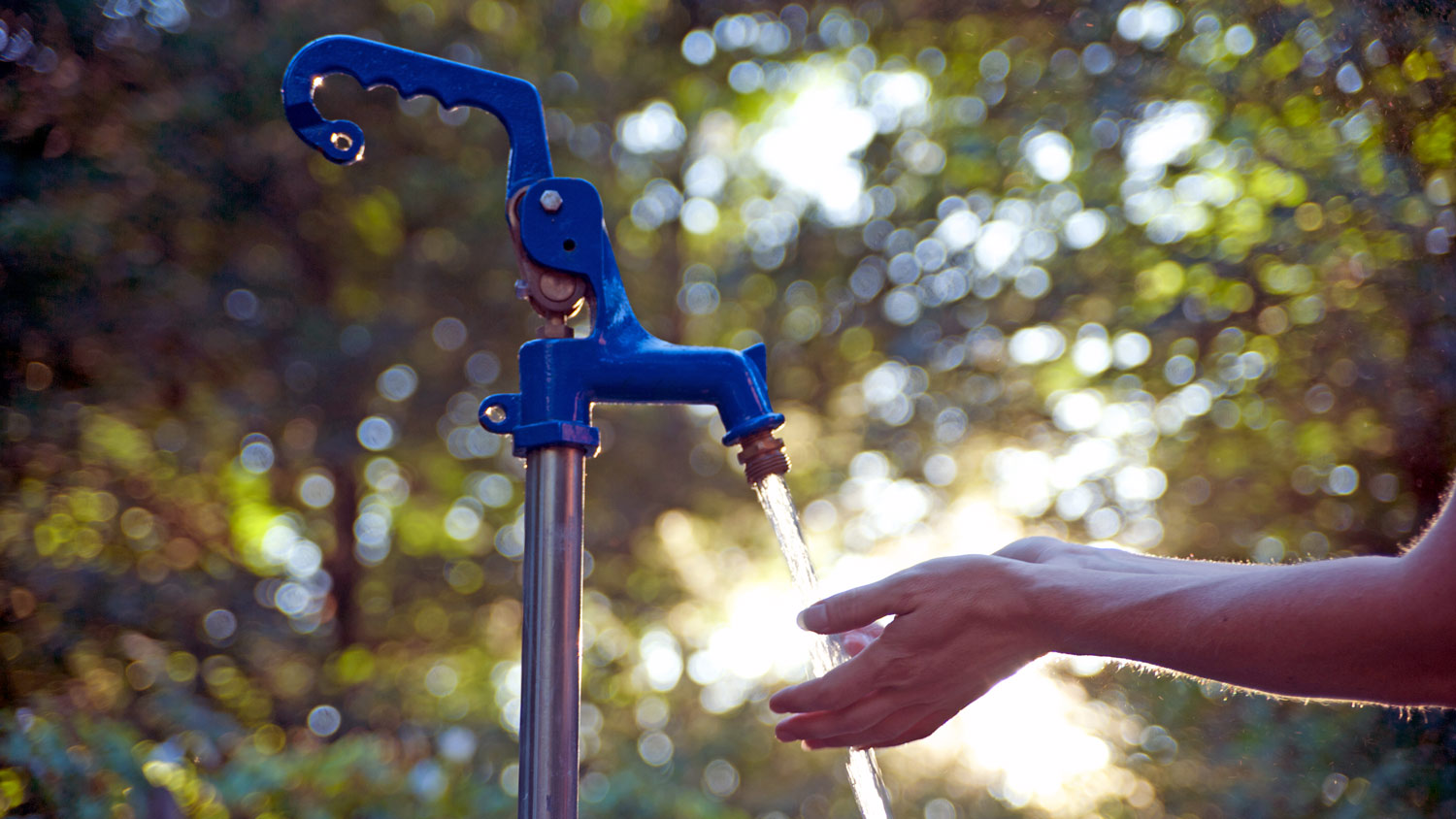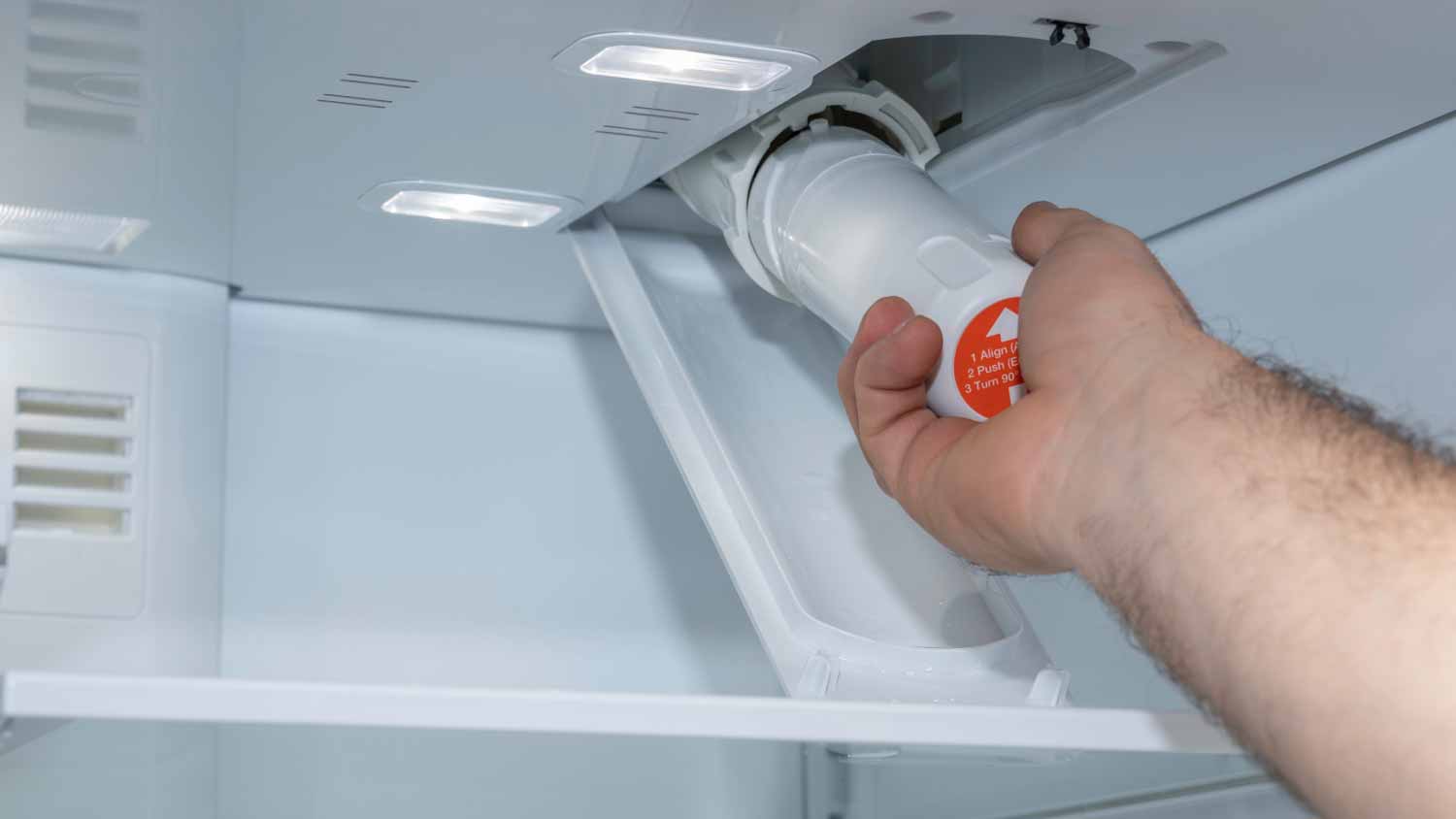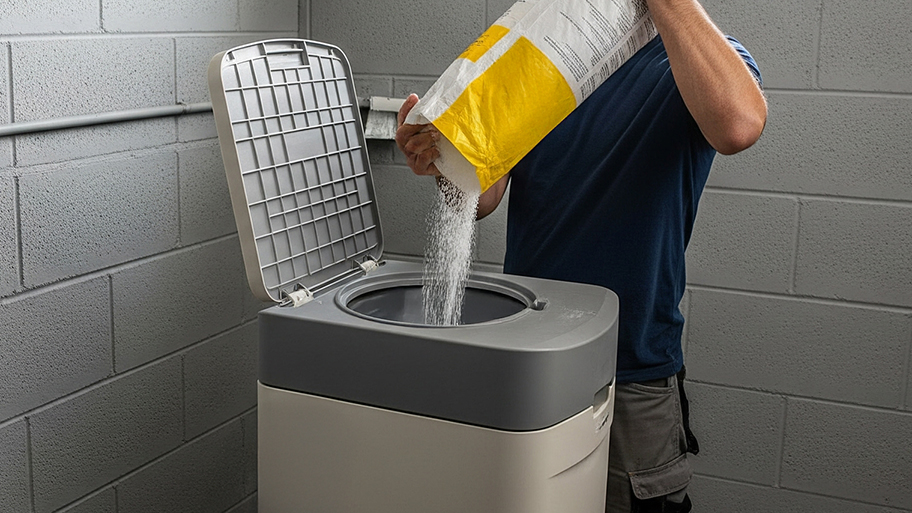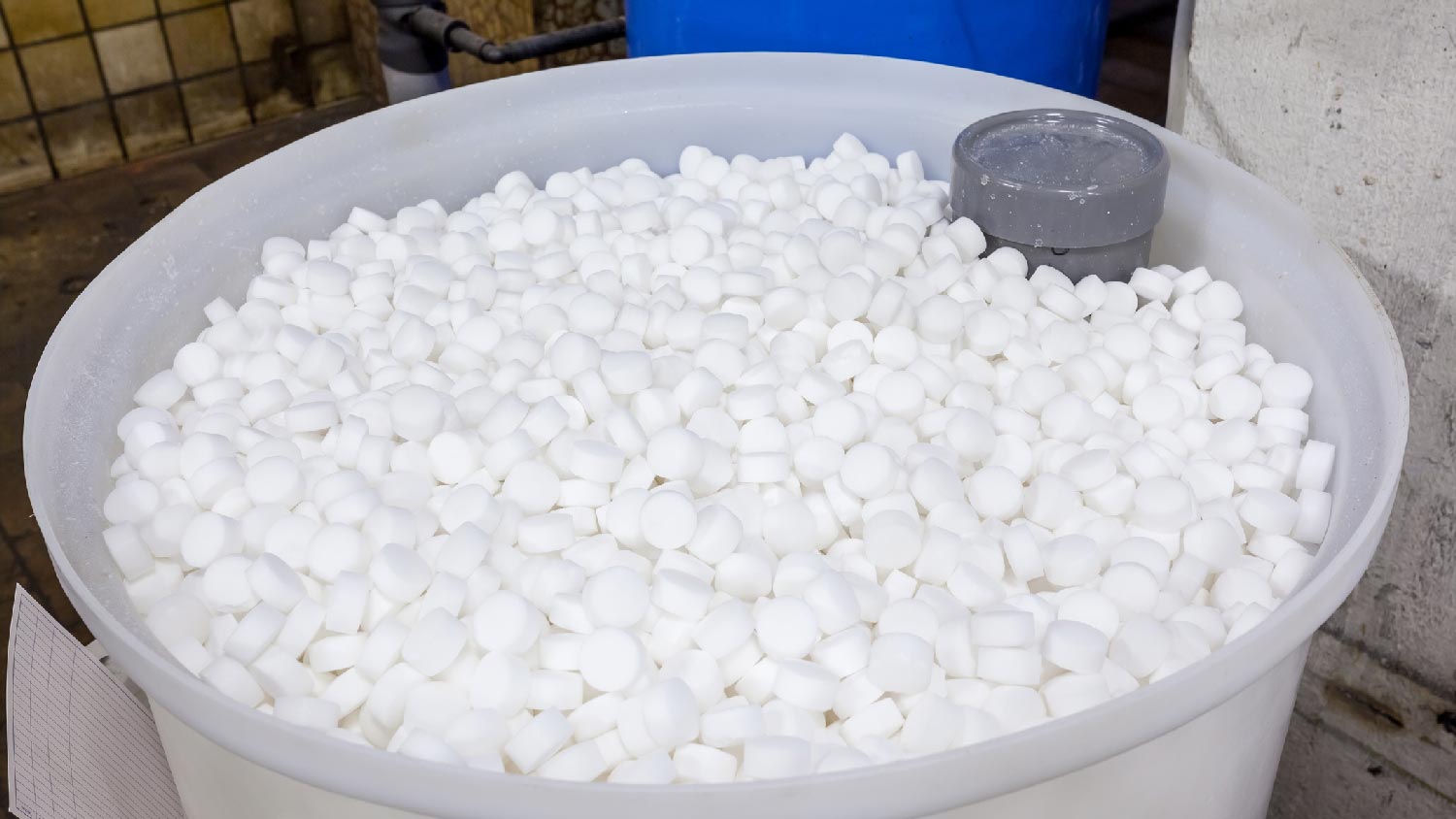
Discover how much well water treatment systems cost, including installation, maintenance, and tips to save. Get expert insights to plan your water system project.
If the ice seems dicey, you might need better filtration


Fridge water filters remove some contaminants, but not all of them.
The chief purpose of a fridge water filter is to improve taste, but bad tastes aren’t always dangerous.
Fridge water filters cost $30 to $60 and should be replaced twice per year.
Fridge water filters provide an extra layer of protection, but they should not be your only method of water filtration.
Have you ever thought about what’s in your water? It can be hard to tell if the water coming out of your fridge is bad if there’s no distinct smell or taste to it. Because of this, many homeowners rely on refrigerator water filters to keep contaminants out. But are refrigerator water filters good and effective compared to the filters in your sink or water pitcher filters? Explore how water filters of all kinds, including the one in your fridge, can keep your household’s water safe.
There are many different types of water filtration technologies. When one technology is not enough, ask a local water filtration pro how you can combine technologies to reach your water treatment goals.
A fridge filtration system is built into the fridge. A small plumbing line connects it to your water supply, and the water flows through the filter. The water filter is often made of activated carbon, which sieves out contaminants such as chlorine, radon, and various other chemicals that can make water less-than-tasty.
While fridge water filters can effectively sift out several contaminants, they cannot remove the laundry list of chemicals and particles that more robust filtration systems can.

While fridge water filters do filter out a good amount of contaminants, they’re not the end-all be-all of water filtration. Explore some pros and cons of your fridge filter below to learn more.
At $30 to $60 apiece, fridge water filters are fairly inexpensive. You need to replace them twice a year to ensure they’re doing the best job possible, making the annual maintenance cost $60 to $120 per year. This is a far more budget-friendly option upfront than stronger filtration systems that target the entire water supply.
Fridges with water filters also have an extremely high flow rate compared to other water filtration systems like reverse osmosis. They're designed to filter and dispense water quickly and make it taste good while doing it. This filtration also extends to built-in ice makers.
Nonetheless, the main draw of a fridge water dispenser and filtration system is that it's very convenient if you want a cold glass of water and your room-temperature tap water has a funky taste. It’s also easy to change the filter yourself—no expertise required.
There are two elements that make a water filter effective: how long the water has contact with the filter and the size of the filter. Given that fridge filters are small and water dispensers are meant to give you water immediately, there isn't much contact time. This results in far less effective filtration compared to alternatives.
Even with extended contact time, fridge water filters cannot filter out tougher water contaminants like heavy metals (including arsenic and lead) and inorganic compounds like sulfates. An incredibly specialized activated charcoal filter in a sink or whole-house system can remove lead and combat other nasties in the water, but they are virtually never found in fridge size.
According to Angi customers, about 36% of homeowners detect strange tastes or odors in their home’s water. Smells range from rotten eggs or chemicals to metallic or salty flavors. These signs could point to plumbing corrosion, bacteria, or other water quality issues.
While fridge water filters can be effective, they should not be the only line of defense. Consider some alternative water filter options in addition to a fridge water filter.
Under-sink water filtration systems, also called point-of-use systems, fit under the sink, as the name implies. You would need to call a local water softener installation company to find the best under-sink solution for your home. Reverse osmosis is the most common method in under-sink systems because it’s extremely effective at removing contaminants and suitable for many homes and local water concerns.
Just like under-sink water filters, a local water softener installation company needs to install a whole-house water filtration system. This is the most expensive but most robust option because it’s designed to tackle literally all of the water that enters your home. Whole-house water filtration systems can filter out hundreds of contaminants and be tailored to water quality issues where you live.
Water pitcher filters don’t require any modifications to your home or appliances. These pitchers have built-in filters that you need to replace periodically per the manufacturer’s recommendations. They’re meant to provide good-tasting drinking water that removes extra contaminants your tap filter may have missed. Water pitcher filters are an accessible and inexpensive alternative to fridge water filters if you’re unsure of your region’s water quality. Plus, they provide an extra layer of filtration on top of your other systems.
From average costs to expert advice, get all the answers you need to get your job done.

Discover how much well water treatment systems cost, including installation, maintenance, and tips to save. Get expert insights to plan your water system project.

How much a water softener costs depends on your home’s size, and the system’s type and capacity. Our expert guide explores all the price factors.

Wondering about water treatment system costs? Learn average prices, key cost factors, and ways to save on installation and maintenance for your home.

Is hard water bad for you? Not to drink, but it can dry out your skin and create problems for your household appliances. Here’s what you need to know.

Learn how to tell if you have hard or soft water, how to test your water yourself, and what to do if you have hard water.

Who repairs water softeners? You should be able to hire water softener repair and installation companies or plumbers to fix issues with these appliances.